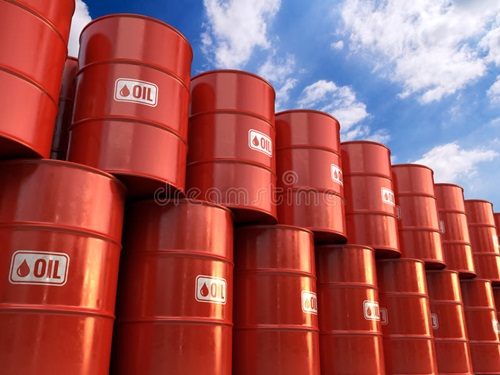Iran displaced Saudi Arabia as India’s second-largest oil supplier in the first quarter of the current fiscal, as state-run oil majors vied for Iranian oil as Tehran offered attractive terms for buyers ahead of the US sanctions coming into effect in November.
Iran is now India’s No 2 oil supplier after Iraq, regaining a position it lost seven years ago after the Gulf war, as state-run refiners imported more oil from Iran in the April-June period than from Saudi Arabia, which has now been relegated to the third position, minister for petroleum and natural gas Dharmendra Pradhan told Parliament on Monday.
India, the second-largest buyer of Iranian oil after China, bought 5.67 million tonnes, or about 457,000 barrels per day (bpd), of oil from the country in the first three months of the current fiscal (April-June 2018-19), according to Pradhan.
India is reported to have bought 3.46 million tonnes, or about 279,000 bpd, from Iran between April and June last year.
The increased dependence on Iranian oil could make it increasingly difficult for Indian importers to switch to other supply sources as the US measure demands and deepen New Delhi’s dilemma of choosing between the US and Iran, unless it gets a US waiver.
In any case, India will get enough time even after the US sanctions come into effect to wind down Iranian oil imports, should the need arise.
While finding supply sources will not be a problem, winding down Iranian oil imports would involve settling oil payments as well, which would also be hampered by the US embargo. The costs would also go up for Indian importers.
The real challenge for India will be balancing the country’s technology dependence and avoiding confrontation with the US vis-a-vis its age-old relations with Tehran and the financial/strategic stake in the Chabahar port project, which is a pillar of New Delhi’s Af-Pak policy.
State refiners, accounting for about 60 per cent of India’s 5 million bpd refining capacity, had curbed imports from Iran last year in protest against Tehran’s move to grant development rights for the giant Farzad B gas field to other parties.
The refiners — Indian Oil Corp, Chennai Petroleum Corp, Bharat Petroleum and its unit Bharat Oman Refineries Ltd, Hindustan Petroleum and Mangalore Refinery and Petrochemicals — shipped in 9.8 million tonnes of Iranian oil in 2017-18, about a quarter less than a year ago, Pradhan informed.
For this fiscal year, the refiners had decided to almost double imports from Iran, which offered almost free shipping and extended credit period on oil sales.
India and other major buyers of Iranian oil are under pressure to cut imports from the country after Washington in May withdrew from a 2005 nuclear deal with Tehran and decided to reimpose sanctions on the Opec member.
The first set of sanctions will take effect on 6 August and the rest, especially in the petroleum sector, on 4 November, after a 180-day “wind-down period.”
“Indian refineries import crude oil from diverse sources including Iran, depending on technical and commercial considerations,” Pradhan said.


















